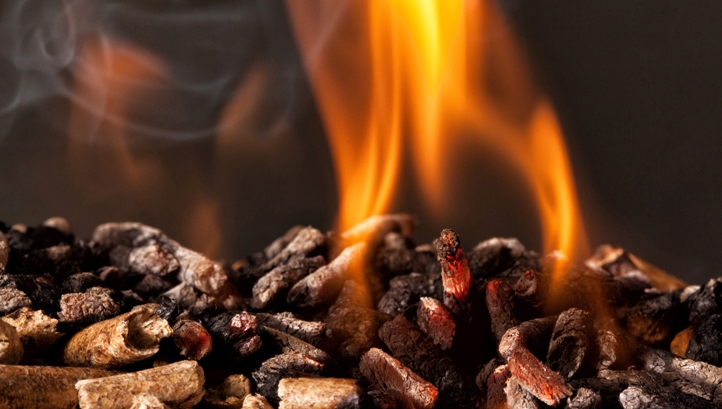
Northern Irish poultry and mushroom farmers have been cleared of any suggestion that they have misused the renewable heat incentive (RHI) scheme.
The Ulster Farmers’ Union said this confirms the case made from the outset by the UFU that farmers were being unfairly criticised, despite having installed boilers to reduce costs and meet pressure for greener credentials for what they produce.
The sectors were cleared in a report carried out by consultants PWC, and the document is effectively a clean bill of health for key sectors of farming that installed the boilers.
“Those farmers who were criticised and who faced accusations of profiting at the taxpayer's expense now deserve recognition that they were unfairly treated by some politicians and sections of the media,” said UFU Chief executive, Wesley Aston.
“Farmers were deemed guilty until proved innocent – and that is exactly what this report has done.”
The RHI scandal
Set up in November 2012, the Renewable Heat Incentive scheme was an attempt by the Northern Ireland Executive to help to increase consumption of heat from renewable sources.
It offered financial incentives to farms, businesses and other non-domestic consumers to use biomass boilers that mostly burned wood pellets, as well as solar thermal and heat pumps.
But flaws in setting the scheme's subsidy rate left it open to abuse as claimants could earn more cash the more fuel they burned, with one farmer having made £1m out of renting an empty shed.
The Northern Ireland Executive collapsed after deputy First Minister Martin McGuinness resigned in protest over the Renewable Heat Incentive scandal.
'Restore payments immediately'
However, the UFU said the confirmation that people are operating in line with the scheme, and using boilers only to meet the needs of their business, had to raise questions about the arbitrary withholding of payments for many months.
“This would be understandable if there ever had been any suggestion that people were not complying with the agreements they signed with the government to enter the RHI programme,” said Mr Aston.
“That has been demonstrated not to be the case, and we will be applying pressure to restore payments immediately, given that businesses are facing cash flow problems because of what is clearly now an unfair decision by officials.”
